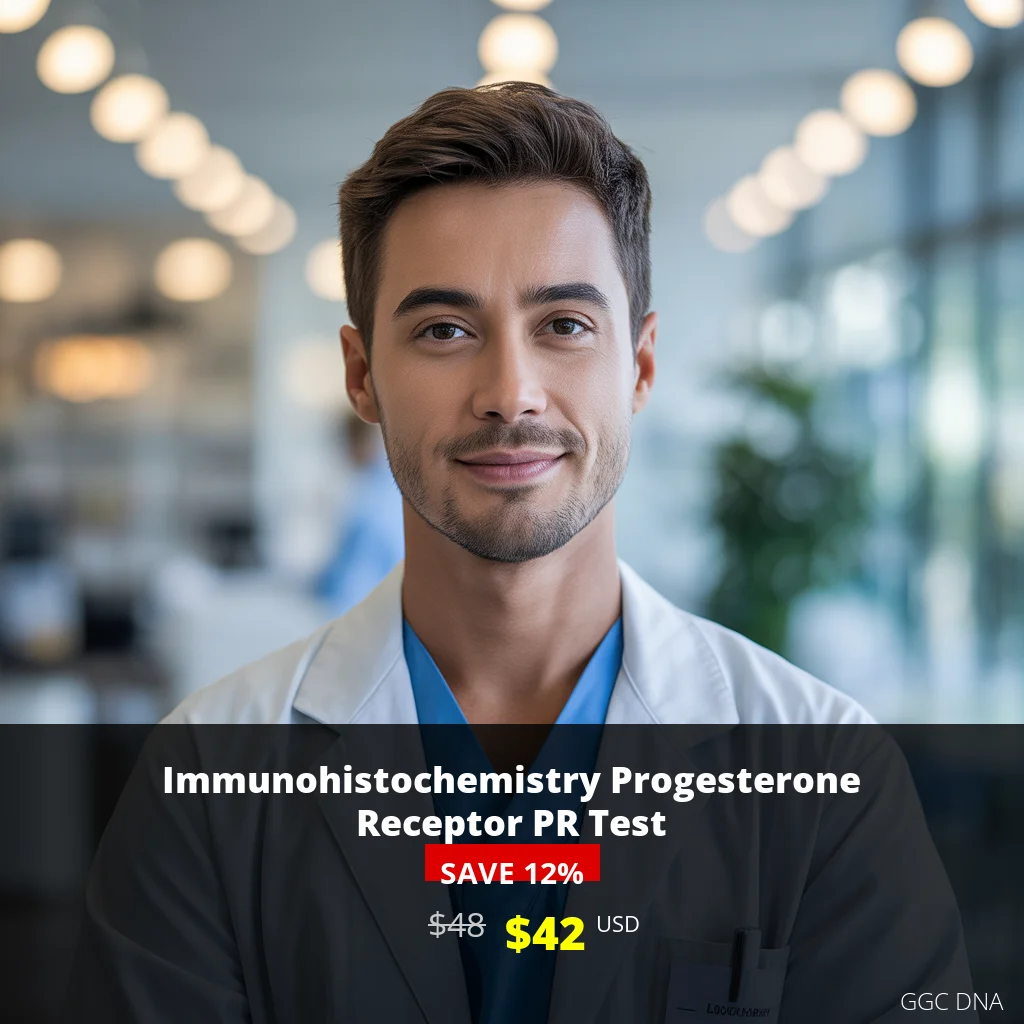Immunohistochemistry Progesterone Receptor PR Test
Comprehensive Introduction to Progesterone Receptor Testing
The Immunohistochemistry Progesterone Receptor PR Test represents a cornerstone in modern breast cancer diagnostics, providing essential information about tumor biology and treatment responsiveness. This sophisticated laboratory analysis utilizes advanced immunohistochemistry techniques to detect the presence of progesterone receptors within cancer cells, offering invaluable insights for personalized cancer care and therapeutic decision-making.
What Does the PR Test Measure and Detect?
This specialized diagnostic procedure specifically identifies and quantifies progesterone receptor proteins within tumor tissue samples. The test employs targeted antibodies that bind to progesterone receptors, making them visible under microscopic examination. Key detection capabilities include:
- Presence or absence of progesterone receptors in cancer cells
- Quantitative assessment of receptor expression levels
- Spatial distribution of receptors within tumor tissue
- Nuclear localization patterns characteristic of functional receptors
Who Should Consider Progesterone Receptor Testing?
This essential diagnostic test is recommended for several patient populations facing breast cancer diagnosis and management:
- Newly diagnosed breast cancer patients requiring comprehensive biomarker profiling
- Individuals with recurrent breast cancer needing updated receptor status assessment
- Patients with metastatic breast cancer where hormone receptor status guides systemic therapy
- Those experiencing treatment resistance requiring reevaluation of hormone sensitivity
- Patients considering endocrine therapy as part of their treatment regimen
Significant Benefits of Progesterone Receptor Testing
Undergoing Immunohistochemistry Progesterone Receptor PR testing provides multiple clinical advantages that directly impact treatment outcomes and quality of life:
- Personalized Treatment Planning: Enables selection of targeted hormone therapies specifically matched to your tumor characteristics
- Improved Prognostic Accuracy: Provides critical information about disease behavior and long-term outcomes
- Therapeutic Guidance: Helps determine whether progesterone-blocking medications would be effective
- Treatment Optimization: Reduces unnecessary exposure to ineffective therapies and their associated side effects
- Comprehensive Biomarker Profile: Complements estrogen receptor testing for complete hormone receptor assessment
Understanding Your Test Results
Interpreting Immunohistochemistry Progesterone Receptor PR test results requires professional medical expertise, but general understanding includes:
- Positive Result: Indicates presence of progesterone receptors, suggesting potential responsiveness to hormone therapy
- Negative Result: Absence of detectable progesterone receptors, indicating alternative treatment approaches may be more appropriate
- Percentage Score: Quantitative measurement of receptor-positive cells within the tumor sample
- Intensity Score: Assessment of receptor expression strength, ranging from weak to strong staining
Your oncologist will integrate these results with other clinical factors to develop your personalized treatment strategy.
Test Pricing and Availability
| Test Component | Price (USD) |
|---|---|
| Discount Price | $42 |
| Regular Price | $48 |
| Test Name | Immunohistochemistry Progesterone Receptor PR Test |
Nationwide Testing Accessibility
General Genetics Corporation maintains comprehensive testing facilities across major metropolitan areas throughout the United States. Our strategically located branches ensure convenient access to advanced diagnostic services in cities including New York, Los Angeles, Chicago, Houston, Phoenix, Philadelphia, San Antonio, San Diego, Dallas, and San Jose. Each facility operates with standardized protocols to guarantee consistent, high-quality results regardless of testing location.
Take Control of Your Cancer Journey
Understanding your tumor’s hormone receptor status represents a critical step toward personalized cancer care. The Immunohistochemistry Progesterone Receptor PR Test provides the essential information needed to make informed treatment decisions with your healthcare team. Don’t leave your treatment planning to chance – obtain the comprehensive biomarker data necessary for optimal therapeutic outcomes.
Ready to schedule your essential diagnostic testing? Contact our dedicated patient services team today at +1(267) 388-9828 to book your Immunohistochemistry Progesterone Receptor PR Test. Our experienced professionals will guide you through the testing process and ensure you receive the comprehensive diagnostic information needed for your cancer treatment journey.







